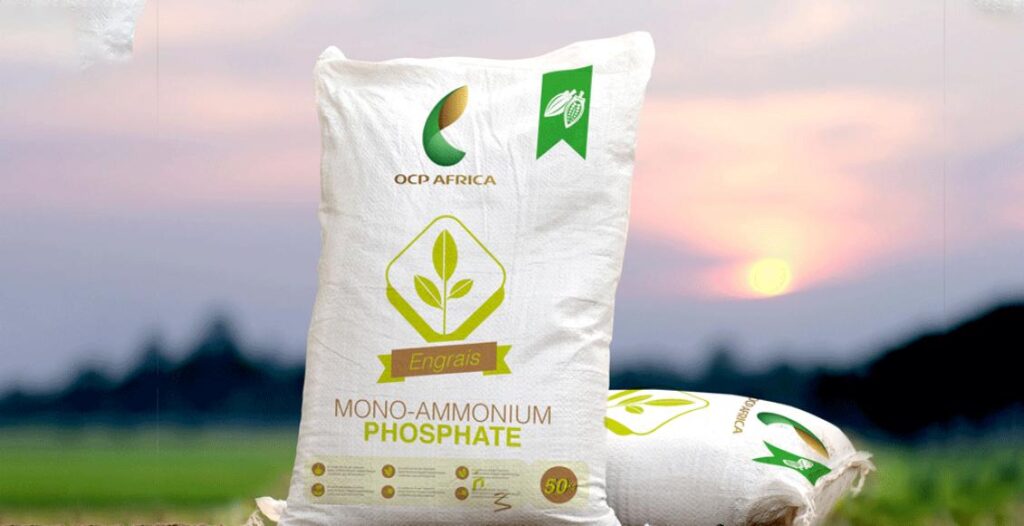According to a report by the African Development Bank, 20% of Africans are undernourished, revealing a worrying rise in food insecurity and malnutrition on the continent. Dependence on the global food market has exposed Africa to external shocks such as the COVID-19 pandemic and the Ukrainian crisis.
At the Abuja Conference, it was established that African farmers should be using 50 kg of fertiliser per hectare, whereas in reality they use only 22 kg on average. This shortfall has a significant impact on agricultural productivity, which is only 30% of the world average.
To guarantee food security, fertilisers are an essential part of the agricultural management strategy. African authorities have therefore adopted a policy aimed at food self-sufficiency, based on the development of local agriculture. Farmers need fertilisers to increase their production, but this dependence makes them vulnerable to fluctuations in the international fertiliser markets.
The Ukrainian crisis has led to a rise in fertiliser prices on the world market, with demand exceeding available supply. This situation has had repercussions on the cost of food in Africa and has affected efforts to achieve food self-sufficiency.
In 2024, Global Affairs Canada allocated $7.3 million to the African Fertilizer Financing Mechanism and $10 million to the Fertilizer Value Chain. This Canadian funding aims to offer African countries alternatives to reduce fertilizer imports and strengthen the local agricultural market.
With large reserves of mineral and gas resources, Africa has the potential to produce its own fertilisers, as does the Moroccan group OCP, which today covers the entire fertiliser value chain. It is crucial to focus on fertiliser production projects and to support small and medium-sized enterprises to increase their production, which would contribute to the continent’s independence from external markets.



